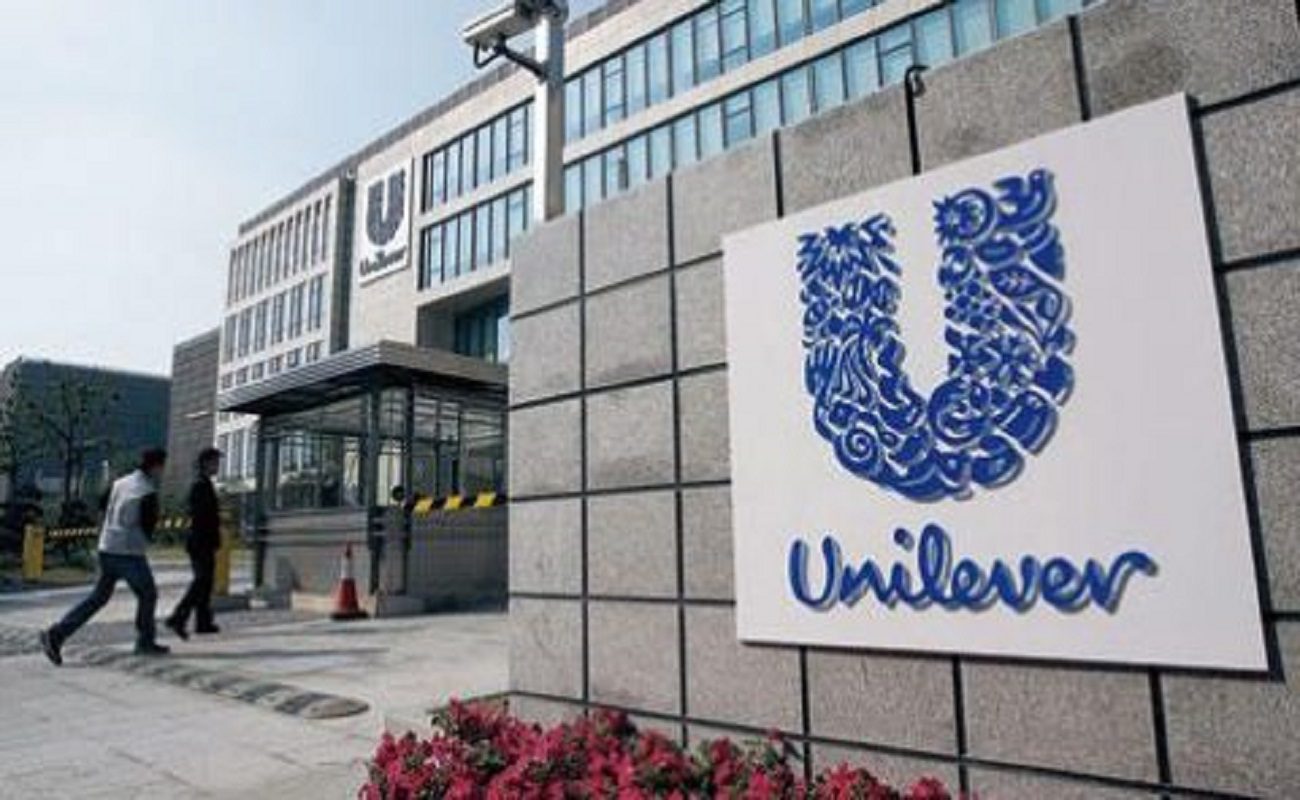Unilever’s latest announcement suggests that the consumer goods giant is committing to a long-term growth strategy across Nigeria, Kenya, and South Africa.
Unilever pledges to strengthen its supply chain, deepen local manufacturing, and expand R&D to adapt brands to African consumer preferences. In Nigeria, the company plans to expand its capacity for home care and personal care products, while in Kenya, it intends to pilot agile manufacturing models. In South Africa, the focus will be on premiumisation and scaling smaller brands. This is not mere market maintenance; it is a bet that African demand will drive future growth.
This commitment comes at a time when multinationals have retrenched from Africa amid currency volatility, regulatory uncertainty, and inflation pressure. Unilever’s decision to double down suggests confidence that these markets can deliver sustainable returns, provided execution is grounded in local insight. For example, to succeed in Nigeria, Unilever will need to manage foreign exchange risk, build strong distribution networks, and stay close to informal trade channels.
For brand, retail, and insight professionals across Africa, this is a signal to revisit assumptions. The company’s plans may catalyse supply chain upgrades, increase competition in local consumer categories, and create pressure for more granular segmentation and data-driven marketing. If other multinationals take note, we may see a new wave of long-term, Africa-rooted investment.
Unilever’s commitment may also shift the balance of power toward African-based innovation and adaptation. If the company sources more ingredients locally, partners with local research firms, and invests in consumer understanding at the grassroots, it could help elevate the capacity of Africa’s insight and production ecosystem. In short, this is more than a corporate announcement; it’s a call to the entire African consumer goods sector to meet a higher bar.








